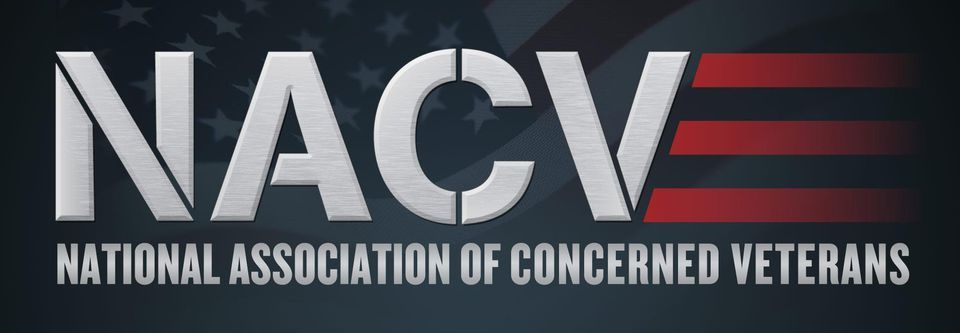Our Solution
Great Expectations (GE) Program Overview
The Great Expectations program is a comprehensive readjustment, transition, and reentry model developed from NACV’s decades of experience. It is designed to identify, assess, and provide tailored services to veterans, particularly those at the highest risk. The program offers wraparound support covering health, housing, employment, life skills, and community reintegration, with a focus on measurable outcomes and accountability from both participants and service providers.
Target Population
While the GE program is suitable for all veterans, its primary focus is on the most vulnerable — including homeless veterans, the chronically mentally ill, substance-dependent individuals, unemployed or underemployed veterans, incarcerated veterans, returning citizens, and those without strong support systems. These are often the veterans who have been unable to benefit from existing VA services due to lack of readiness, advocacy, or tailored intervention.
Program Structure & Modules
GE operates as an 8–16 week program with flexible pacing based on each participant’s readiness and commitment level. It offers multiple component modules covering essential areas such as employment readiness, financial literacy, housing stability, life and coping skills, health and nutrition, ethics and values, recreation, communication, and relationship building. Veterans can choose to participate in three, five, or all modules, progressing toward mastery in each area.
Step-Down Care Model
A key feature of GE is its step-down approach, which bridges the gap between intensive inpatient or residential care and independent living. Veterans move through levels of care — from partial hospitalization to intensive outpatient to standard outpatient services — while receiving continued support. This structure is intended to reduce recidivism, shorten hospital stays, and ensure a smoother, more sustainable reintegration into civilian life.
Evidence Base & Proven Track Record
The GE model evolved from NACV’s Post-Vietnam Syndrome (PVS) counseling groups at the University of Alabama in 1974, long before PTSD was formally recognized. Over the decades, NACV has piloted and refined elements of this approach across various agencies and communities, consistently producing measurable improvements in veteran stability, health, and engagement. The program is grounded in evidence-based practices, proactive outreach, and collaborative service delivery.
